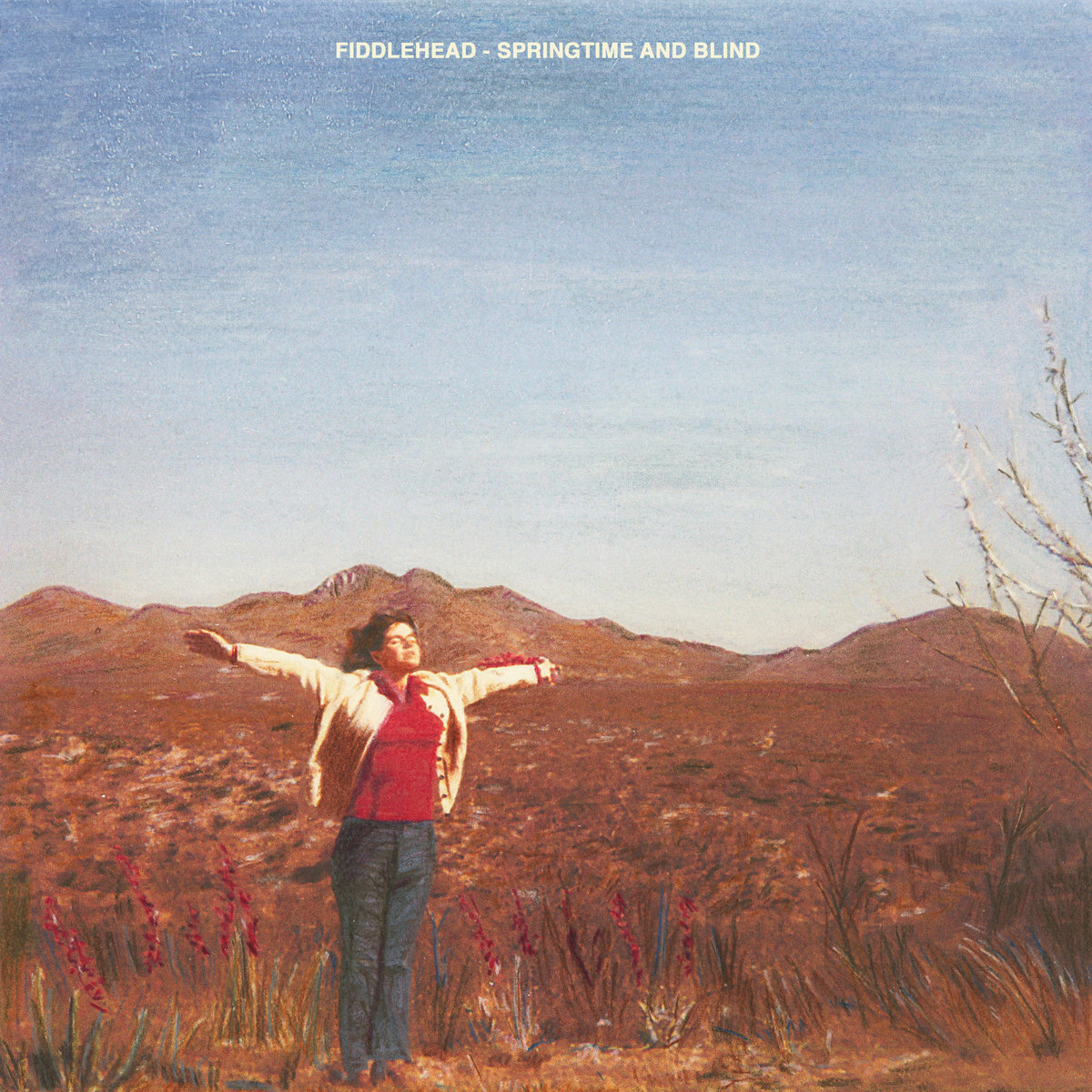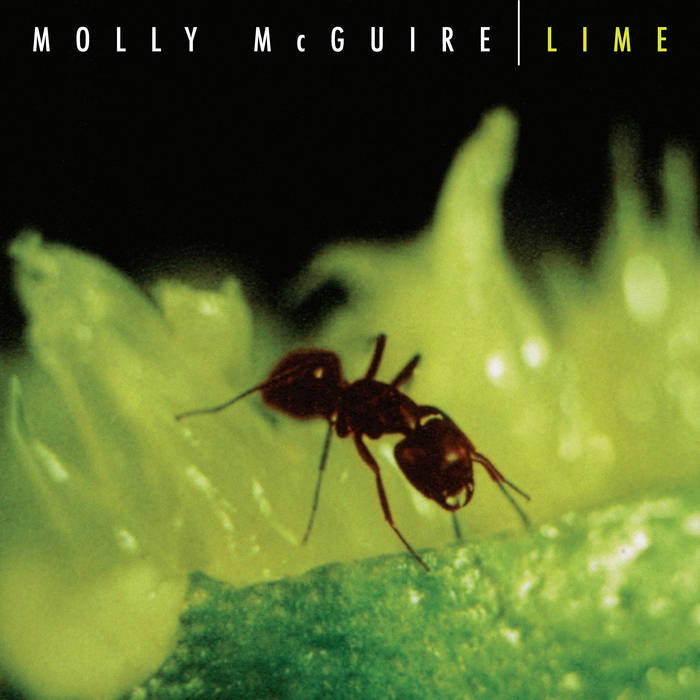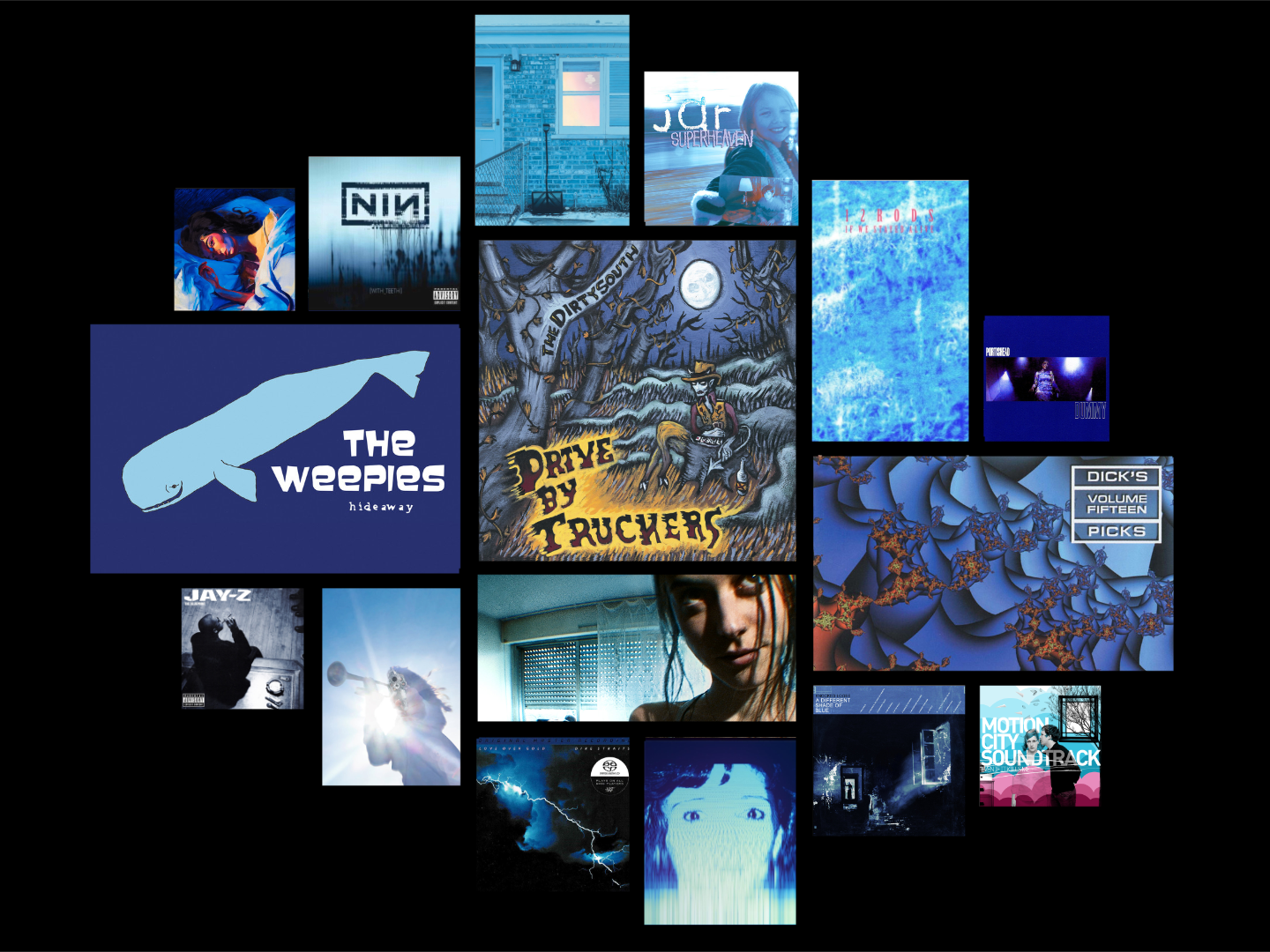On Running Times: The Importance of Album Length
/Perhaps unsurprisingly, one of my favorite parts of meeting new people is learning what kind of music they’re into. Usually, I’ll wait for it to come up in conversation naturally (so as not to overwhelm them with the firehose-like pressure of my own nerdiness), but it’s still something I look forward to whenever I’m getting to know someone. Not only is music one of the few things I feel confident in talking about endlessly, but it’s also a fantastic way to learn about who someone is as a person. Sometimes you meet someone who isn’t “into music,” and it’s fun because you get to slowly immerse them in your favorite records and reveal a part of yourself to them. Sometimes you meet someone for the first time and you both share a love for so many bands that it’s almost eerie. Those latter cases are fun just because you just get to geek out about cringy high school music that was somehow omnipresent enough for both parties to have separate nostalgia for it.
Those weird cases of shared musical backgrounds are so rewarding because it feels like some cosmic affirmation of my (mostly questionable) high school music choices. I made a friend like this in early 2019 who shared a nearly-identical background with me of pop-punk, hardcore, and emo. We were kind of at different points in that triangle of genres, but he got me deeper into pop-punk, I got him deeper into emo, and it was a rewarding friendship from that perspective.
At some point after a few weeks of knowing each other, my friend asked me what my favorite album of 2018 was, and I started going on about Fiddlehead’s Springtime and Blind. I talked about the hard-hitting Title Fight-esque delivery, the guilt-ridden emotional lyricism, and the well-placed world-building interludes. I tied a bow on (what I thought was) a compelling argument in favor of the record by emphasizing its running time of just 24 minutes. My friend paused for a second, thought to himself, then replied with “man, you really love talking about album lengths.” I was taken aback.
Here I thought I’d made a passionate argument for this album that I adored, and my friend just pointed out how often I bring up running times. But then I thought about it, and he was right. I realized over the course of knowing each other for just a few weeks I’d used that as a selling point in favor of an album more than once. More than that, it also shocked me that the length of an album wasn’t something he particularly cared about.
Earlier this year, I was listening to the new Beach Bunny record and (half) jokingly tweeted that “any LP that's less than 26 minutes is an automatic 9/10 in my mind.” That’s obviously a slight exaggeration, but I do think that shorter albums are generally better and harder to pull off than longer ones. While I realize the running time of a record may seem like an esoteric piece of trivia, I believe it’s actually a vital component of what makes an album good. Sure, I love long-winded double albums, 20-minute songs, and concept albums as much as the next guy, but by and large most of my favorite records, especially recently, are ones that tend to be leaner and more economical with their time. Hell, my favorite album of last year was a 6-track EP, so this post is a long time coming. Truthfully I think shorter records are harder to make and therefore are not the norm. I also think they can be stronger, more creative, and more impactful than a “traditional”-length album for many reasons.
In my mind, an album’s running time is as essential as it’s tracklist or sequencing. Many artists don’t take those things into consideration, but the ones that do often end up crafting a more compelling piece of art. The new Ratboys album is a perfect example of a masterfully-sequenced record; each side opens with a fast-paced single, side one closes with a banger, and the back half of the album works up to a beautifully meditative title track made all the more poignant by the flow of the songs that come before it. Part of what makes Printer’s Devil great is, yes, the songs themselves, but also how the band decided to order those songs and walk the listener through them. You could take those same 11 tracks, rearrange them, and the album would be flat-out worse.
When an artist releases an album, generally, it has a point. The musician sets out to capture a feeling, depict a time in their life, or make a statement on something in the world. If you can get your point across in less time, that only makes your message all the more compelling. One of the first times I consciously began to think about album running times was when Japanese Breakfast released Psychompmp back in 2016. Admittedly enamored with the (now) infamous long-form indieheads shitpost about the album, I went into the record with almost-non-existent expectations and came out the other side 25-minutes later blown away.
Essentially a concept album about her mother’s death, Michelle Zauner set out to capture her grief, experiences, and feelings that surrounded this major event in her life. The album opens poppy enough with the mystifying “In Heaven,” the soaring “Rugged Country,” and the immensely danceable “Everybody Wants to Love You.” Things take a turn halfway through where the titular “Psychopomp” stops the listener in their tracks with a spacy instrumental containing a voicemail of Michelle’s mom. From there, “Jane Cum” bowls the listener over with a wordless explosion of grief, pain, and sharp feelings. Not only is “Jane Cum” one of the most authentic expressions of loss ever captured in music, but it’s made stronger thanks to the songs that surround it. The record is so well-paced, and it’s conscious build-up to that pivotal moment of loss makes the feelings Michelle’s depicting all the more raw and impactful. After that heaviness “Heft,” “Moon on the Bath,” and “Triple 7” act as a sort of post-script to death that sends the listener off on a (slightly) more hopeful note, though not by much. The fact that Michelle was able to fit all of those feelings into an album that’s shorter than most episodes of TV is nothing short of spectacular.
One of the reasons I love music is because it’s the only medium with the ability to make such a compelling depiction in such a short amount of time. TV shows and movies are great, but at best they take 2 hours to create a similar effect. I suppose you could make the argument that shorter-form art house movies broach a similar level of impact, but even then the two mediums don’t exist in the same quantities. There’s a more compelling narrative in the four and a half minutes of “Born to Run” than there was in whatever new teen drama Netflix shat out this weekend. There’s no comparison.
This feels like a good place to say that I’m not against long albums, one of my favorite records of all time is The Monitor by Titus Andronicus; a 65-minute punk epic that’s loaded with 8-minute songs and capped off by a blistering 14-minute coda. The same thing goes for Sufjan’s Michigan, and Kendrick Lamar’s To Pimp A Butterfly, sure I’m cherry-picking some of the greatest albums of all time, but they’re all examples of artists using their hour-plus running times to craft a compelling story that could not have been told any other way. Those records are still economical in that sense, it’s just that they take a little bit longer to arrive at their final conclusion.
On the opposite end of the cultural spectrum, you have records like Migos’ Culture II, which is admittedly a bloated 24-track 2-hour mess, but it’s a bloated mess I don’t have a problem with because it’s just a glorified playlist that you put on while doing anything else. Drake literally did this when he released More Life, a mixtape that he marketed as a “playlist.” That’s code for “don’t think about this too much and just give me 22 streams.” I’ll admit I like More Life alright, but then you see the same thing happening on Scorpion, which is 90 minutes of some of the blandest, most mind-numbing, lobotomy-inducing hip-hop that I’ve ever heard in one place. That album just feels like Drake gaming the streaming system to get as many plays as possible while offering nothing of artistic substance.
Another thing worth bringing up here is the history of the physical album. The fact that records used to be based solely on two 23-minute sides of a vinyl record meant that 40-ish minutes became the default. Then once CDs became prominent enough, their 80-minute capacity meant that hour-length albums could become the norm. Once iTunes, Pandora, and digital music paved the way for streaming services an album could be literally anything. Artists are no longer restricted by the realities of a physical format, and that’s a good thing.
I know there are plenty of people out there who just listen to an album, click the “heart” button on their favorite songs, and then craft their daily music experience around a playlist of those cherry-picked favorites. That’s fine, but I believe that the album format is still a viable medium and an essential piece of the music creation process. I feel that “The Album” is the barometer under which all music should be measured. You can have a couple of great tracks, but if the rest of the songs surrounding it don’t measure up, then you don’t have a great album. That’s part of the problem with albums like Scorpion where you have a few objectively fire songs like “Nonstop” and “Nice For What” surrounded by utter nonsense like “Ratchet Happy Birthday.” Truth be told, I can’t even name any of the other “bad” songs on that album because there’s so much fat that record that it all blurs into one incoherent mess of sleepy pop-rap. It makes me like the entire thing less, and therein lies the problem.
Meanwhile, take a look a the new Beach Bunny album; a 9 track 25-minute debut that ranges from catchy sing-along love songs, confessional tales of heartbreak, and masterful builds of unrequited love. Truth be told, Honeymoon is not really making any grand artistic statement on love and relationships, but it set out to offer a collection of saccharin poppy love songs, and it did just that. It didn’t need an hour, it didn’t need interludes, it’s just nine tight tracks of well-written indie-pop and that alone elevates it above other albums of its ilk.
The minute an album has worn on long enough for you to check the tracklist to see how much is left, then the artist has failed. Every preceding song may be great, but the longer an album is, the more chances there are for lulls like that. The shorter a record is, the less room there is for error.
I’m not saying artists should limit themselves; musicians should take as much time as they need to craft their work and get their point across, it’s just that the less time they manage to do it in, the more impactful the message feels. Much like you’re probably reading this, 1900 words deep and wondering when it will end.
The “album” is a fluid concept in 2020, more fluid than it’s ever been in fact. There are artists breaking barriers every day, and album length is only one small piece of that. It just feels notable to me when an artist manages to create something so compelling and get it across in such a short amount of time. After all, if you love it and want more, you can always just start it all over again from the top.








